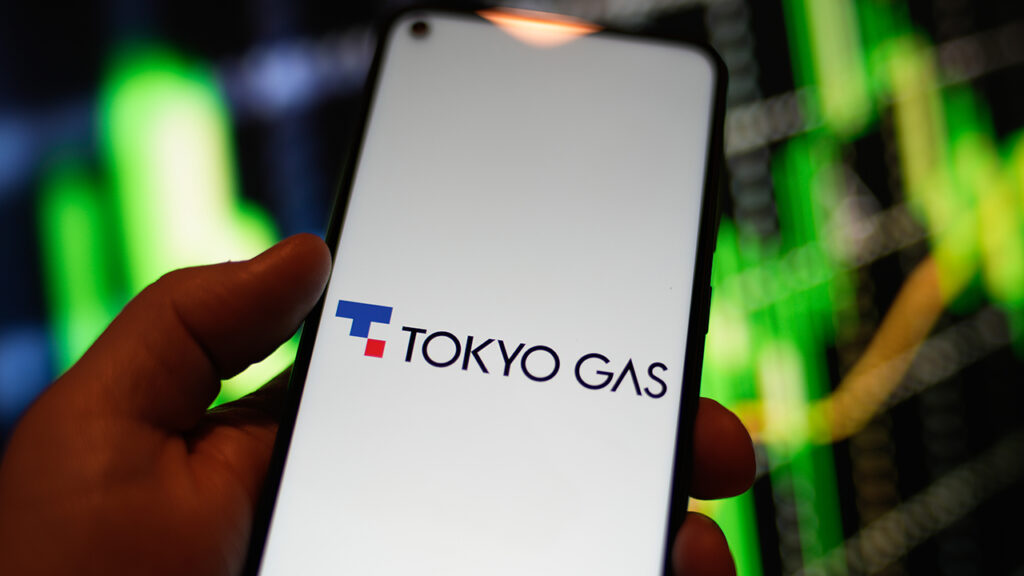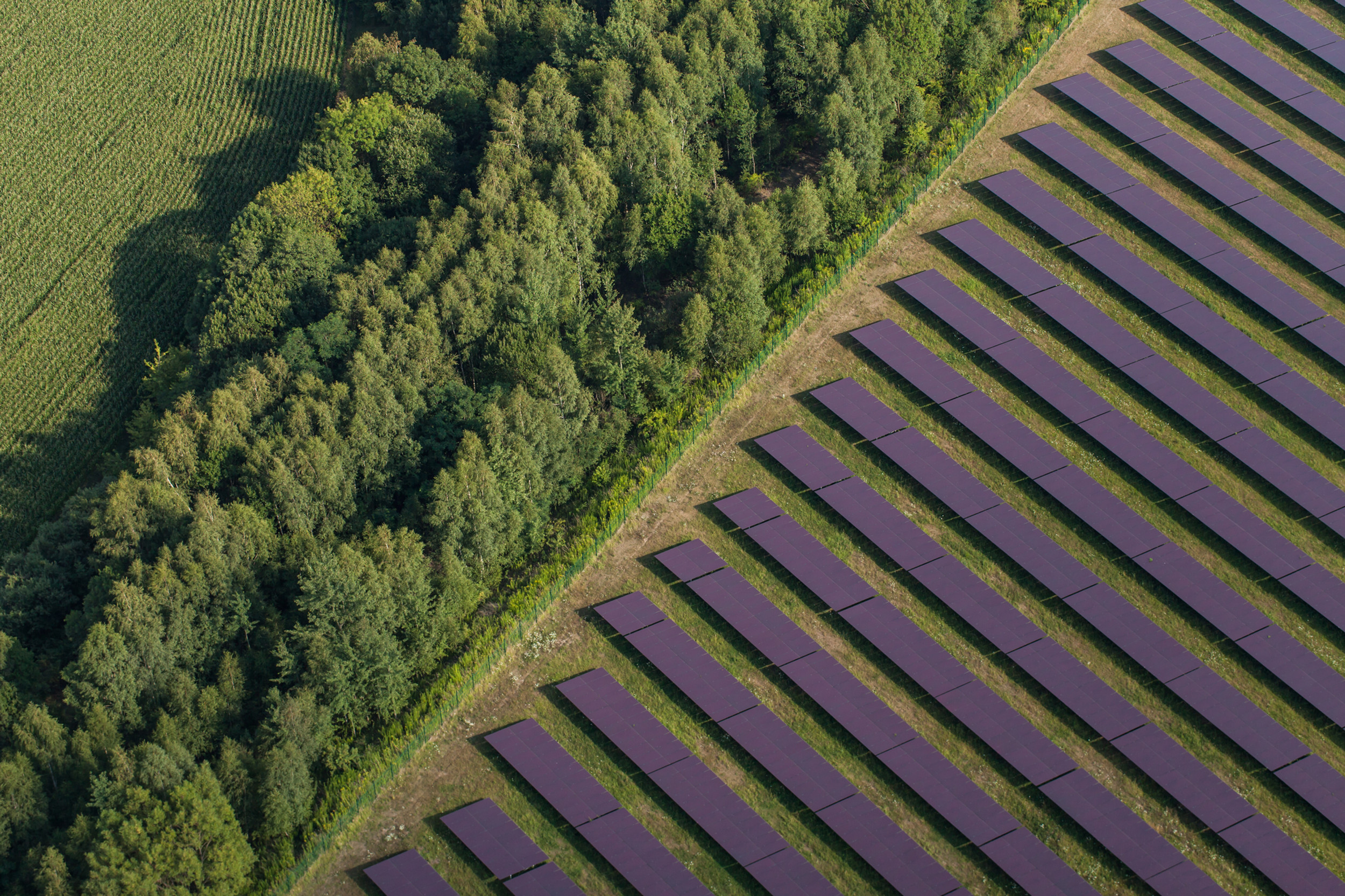Tokyo Gas Cuts Shareholder Returns to Invest in Decarbonization

|
Listen to this story:
|
Japan’s Tokyo Gas will cut shareholder returns from the next financial year and use freed up funds to invest in technology to slash its carbon emissions, the company said on Wednesday.
The company will pay out 40% of profits from the current 50% from the next financial year, it said.
“We are lowering total payout ratio target to secure spare financial capacity to respond to geopolitical risks and boost decarbonisation investment,” Shinichi Sasayama, executive vice president, told a news conference.
“By reducing the ratio, about 100 billion yen ($742 million) will be allocated to decarbonisation and growth investment by 2030,” said Sasayama, who will become the president in April.
Tokyo Gas shares tumbled 6.4%.
Under the new 3-year business plan through March 2026, Japan’s biggest city gas supplier plans to build a large-scale synthetic methane (e-methane) supply chain covering the United States and other locations, and expand in offshore wind power, hydrogen and other renewable energy businesses.
See related article: Japan’s JERA, Abu Dhabi’s TAQA to Collaborate in Decarbonization Business
It plans to spend a total of 1 trillion yen on investments in 2023-2025, up from 900 billion yen in the previous three years, of which 230 billion yen are set for decarbonisation.
The plan also calls for buying assets in shale gas and renewables in North America, entering the renewable energy market in South East Asia and strengthening LNG trading in European and Pacific markets, among other areas.
The large liquefied natural gas (LNG) importer sees the super-chilled fuel market rising again this winter depending on a recovery in China’s demand and temperature, Sasayama said.
“We cannot be optimistic,” he said.
“Looking ahead to 2030, the market will ease due to the launch of projects in the United States and other countries, the restart of nuclear power plants and technological progress of renewable energy,” he added.
Asked whether Tokyo Gas will renew its long-term LNG contracts, Sasayama said it could sign mid-term contracts on its own, but may need a possible risk-sharing scheme with the government to sign long-term contracts.
Source: Reuters










